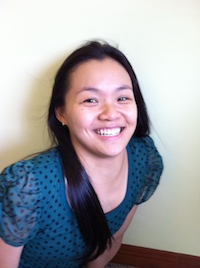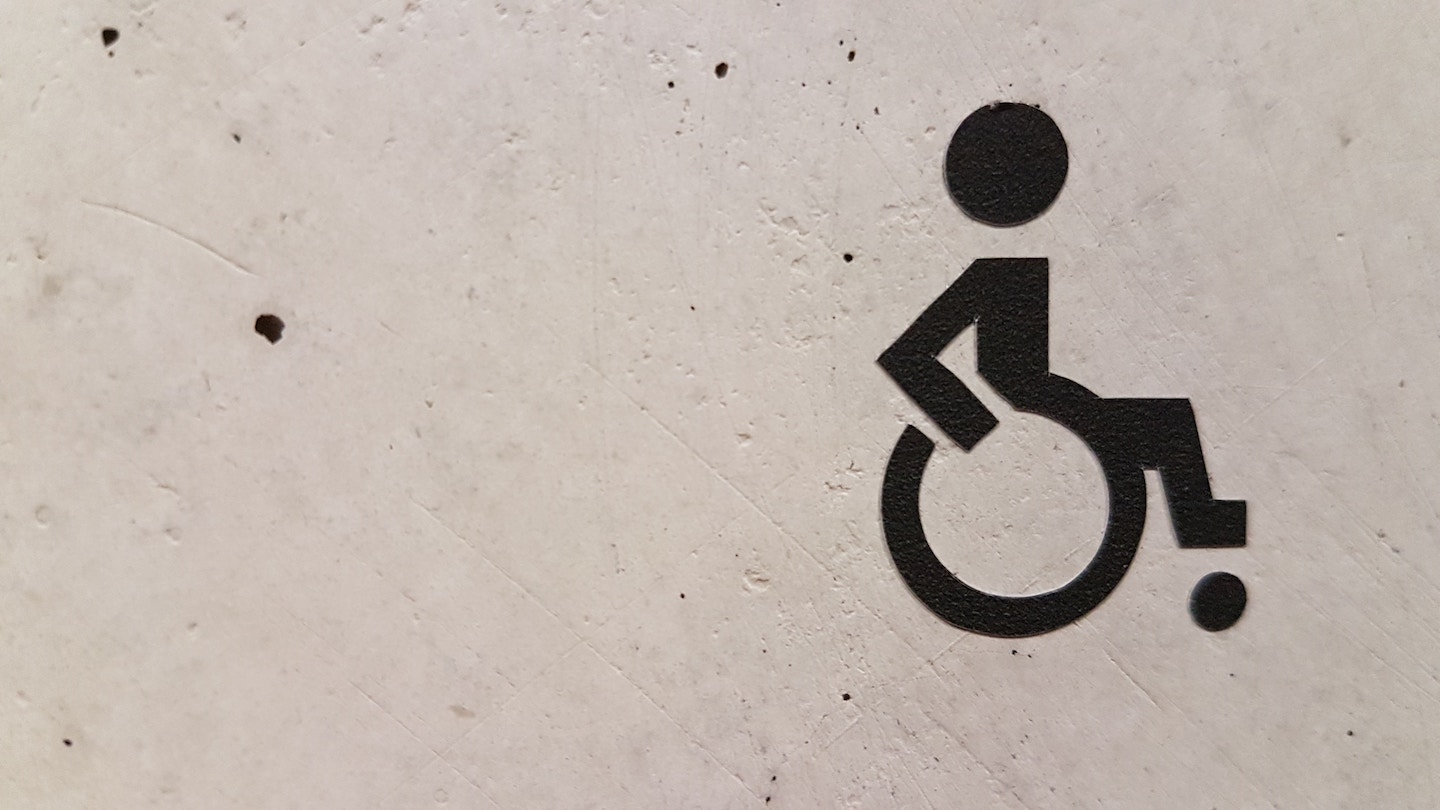
"Although scoliosis and disability are real and present, I learn to continually submit myself to His good, perfect and sovereign will. God straightens my inner self," writes the author. Photo by David T on Unsplash.
The Book of Ecclesiastes forms a significant portion of the Bible’s wisdom literature, containing both joyful and sorrowful observations. Mourning and sorrow compel us to wisely consider the brevity of life (Ecclesiastes 7:2-4).
By acquainting ourselves with sorrow, we grow in insight as to what really matters in life. It humbles us to know we are not truly in control, yet also motivates us to improve on our lives as we consider our experiences.
“How do we brace ourselves in the midst of adversity?”
“Consider the work of God: who can make straight what he has made crooked? In the day of prosperity be joyful, and in the day of adversity consider: God has made the one as well as the other, so that man may not find out anything that will be after him.” Ecclesiastes 7:13-14
As verses 4 and 5 in chapter 7 state: “The heart of the wise is in the house of mourning, but the heart of fools is in the house of mirth. It is better for a man to hear the rebuke of the wise than to hear the song of fools.”
You may ask: “How do we embrace life and brace ourselves for the future in the midst of adversity?”
“For your own good”
When I was young, I had a crooked body due to scoliosis. My dystonia disorder was pulling me into unusual positions and doctors were worried that they would be exacerbated and irreversible as I grew older. The condition involves muscle contractions that seem to occur randomly and unceasingly, resulting in my body twisting with repetitive movements and awkward or irregular postures.
The doctors told my parents and me to consider two options. One, to stick a stainless steel rod down my spine to straighten my back. Surgery will take at least four to six hours. Two, to get me fitted with body braces and leg braces. Either way, the intention was simple: To help me develop better sitting and standing postures.
God uses our suffering to teach us good lessons and good postures of the heart.
We eventually bypassed the first and tried out the second. We were more worried that my involuntary movements would be strong enough to bend or break the steel rod, and we were not prepared to take that risk. I was relieved to abandon that scary consideration. Surgery is painful.
Even so, being immature then, I did not fully understand why I had to wear those body braces for a significant proportion of time each day. I did not understand the good intentions that my doctors and parents had for my well-being and future.
I remember, one day, during recess in primary school, pleading with my mum to remove the body brace I wore under my uniform shortly after I put it on. I was fast sweating buckets and felt restricted due to the constrictive mould, additional layer and constant muscle movements.
“Mummy, can we please take this off?” She stroked me gently and said: “It is for your own good, my dear.”
Out of wisdom and love, my parents stood firm that I had to endure the discomfort to correct my posture.
Make me better
In a similar fashion, God our loving and all-knowing Father, doesn’t remove the thorn in our flesh but uses our suffering to teach us good lessons and good postures of the heart, especially when we cannot trace His hand.
God wants and has the power to fill our days with wisdom and joy.
Although scoliosis and disability are real and present, and medical science cannot always fully cure a condition, such practices helped to stretch my spiritual walk with God. In the process of sanctification on earth, I learn to continually submit myself to His good, perfect and sovereign will (Romans 12:2). God straightens my inner self.
In the book The Problem of Pain, CS Lewis wrote: “…when pain is to be borne, a little courage helps more than much knowledge, a little human sympathy more than much courage, and the least tincture of the love of God more than all.”
In adversity, I am comforted that God and my parents are with me. Their love sustains me. CS Lewis also wrote: “Love, in its own nature, demands the perfecting of the beloved.” I am humbled that God wants to make me better.
He will help us straighten the crooked lines.
Many people often lament the hardships of disability and caregiving, and those are indeed by no means easy tasks, but tasks that require much dedication, discipline and sacrifice. “Inclusion takes a village” is a common buzz phrase we hear today.
People also struggle to reconcile the notion of a loving God with the suffering that people with disabilities and their families endure. I am no exception.
But, hear! God through His Word meets us in our adversity. The Book of Ecclesiastes may not be the most cheerful segment of the Bible, but King Solomon, the likely author of the book, wants to tell us readers that our earthly limited life is not meaningless, not a chasing after the wind as long as we have God. God is ultimately in control and at the centre of all things. Even as we tremble and suffer, God wants and has the power to fill our days with wisdom and joy. He will help us straighten the crooked lines.
This excerpt from the book, Let Us Consider, published by Impact Christian Communications, is republished with permission. The book can be purchased for $20 here or together with a pouch for $35 here.
Reflection and Discussion
- How do you embrace life and brace yourself for the future in the midst of adversity?
- If God doesn’t remove the thorn in our flesh, how is He using this period of suffering to teach you “good lessons and good postures of the heart”?
We are an independent, non-profit organisation that relies on the generosity of our readers, such as yourself, to continue serving the kingdom. Every dollar donated goes directly back into our editorial coverage.
Would you consider partnering with us in our kingdom work by supporting us financially, either as a one-off donation, or a recurring pledge?
Support Salt&Light




